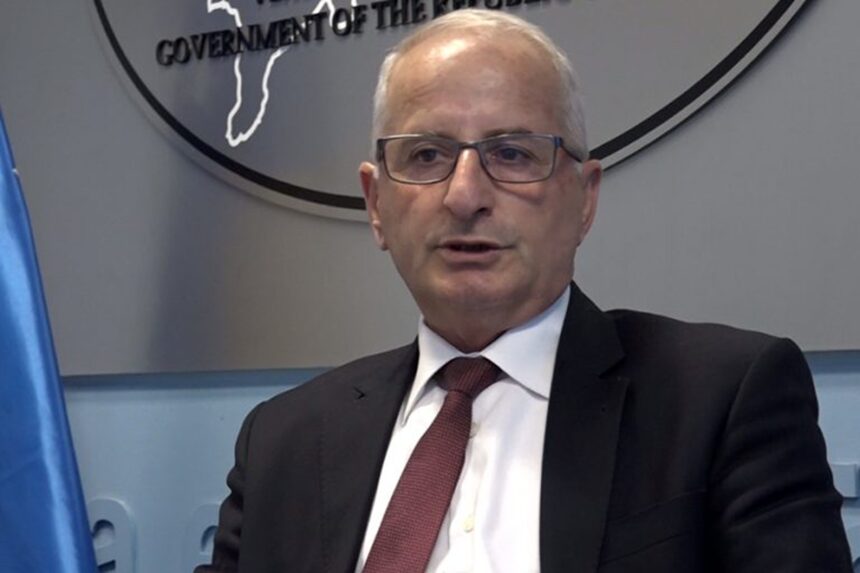Former Minister of Finance, Haki Shatri, in a statement to IndeksOnline, warned about the severe consequences of the Kosovo Assembly not being constituted, noting that the country is already facing institutional paralysis, which poses a risk to next year’s budget.
Shatri explained that since the elections were announced, the government has had limited functions, and over the past six months, the country has lacked fully functioning governmental institutions.
“Every organized society has institutions that serve the development of the country and the improvement of living standards. We no longer have obstacles from outside, but we are blocking our own institutions from the beginning of the year,” he said.
According to Shatri, the situation is particularly risky for the budget, as the legal deadline for submitting it to the Assembly is approaching.
“By October 1, the budget must be submitted to the Assembly for review and approval. I have heard that the Ministry of Finance has not carried out several preparatory actions, including budget circulars. This period, July and August, is crucial for determining budget limits for municipalities and central institutions,” Shatri said, adding that the easiest—but very harmful—scenario would be to continue next year with the previous year’s budget.
“In that case, only salaries, pensions, and regular legal payments could be covered, but not development policies or measures to stimulate economic growth. Practically, the country would be like a rudderless ship,” he added.
Shatri also emphasized that institutional paralysis has directly affected investments.
“In the first half of the year, only €40 million in investments were realized, while the budget planned for capital investments was €912 million. So, only a quarter of the investment funds were utilized,” he said, noting that local-level investments reached half of what was planned, while the central level invested only €138 million in six months, which is extremely low.
He further stated that there is notable stagnation in the private sector, where private investments are mostly directed toward real estate, which does not contribute to long-term economic development.







